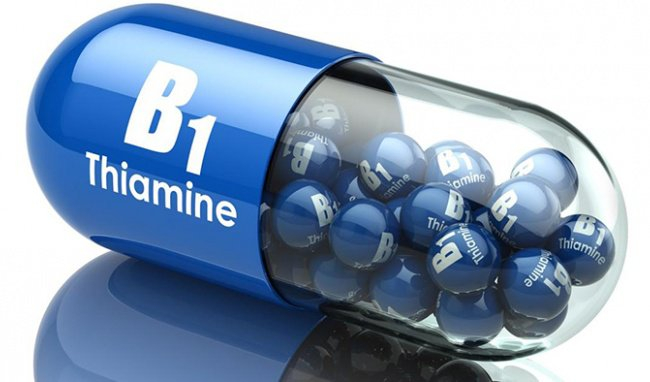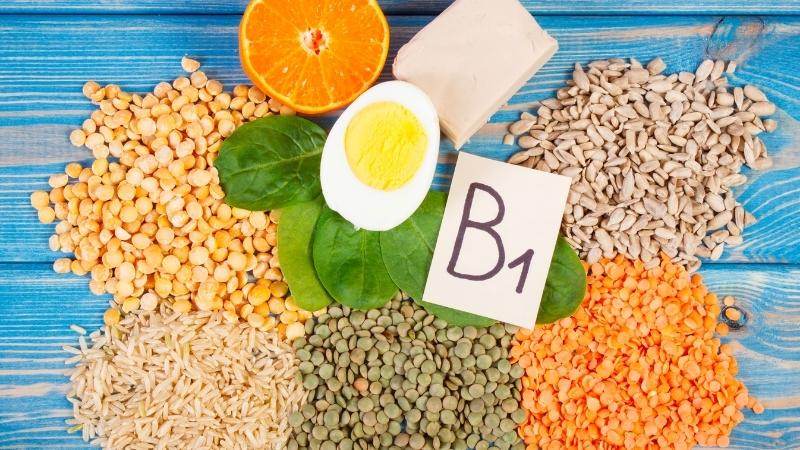Thiamine
Thiamine, often known as vitamin B1, aids in cell activity and the conversion of food into energy. It may be useful in lowering the risk of cataracts. An observational study of 2,900 persons in Australia found that eating a high-thiamine diet reduced the chance of acquiring cataracts by 40%. Protein, vitamin A, niacin, and riboflavin may help protect against cataracts, according to one study.
Furthermore, thiamine has been considered a viable therapy for diabetic retinopathy in its early phases. A clinical investigation discovered that taking 100 mg of thiamine three times per day lowered the quantity of albumin in urine, which is an indicator of diabetic retinopathy in type 2 diabetes. Whole grains, pork, and fish are all good sources of thiamine. Thiamine is also commonly added to meals such as morning cereals, bread, and pasta.











